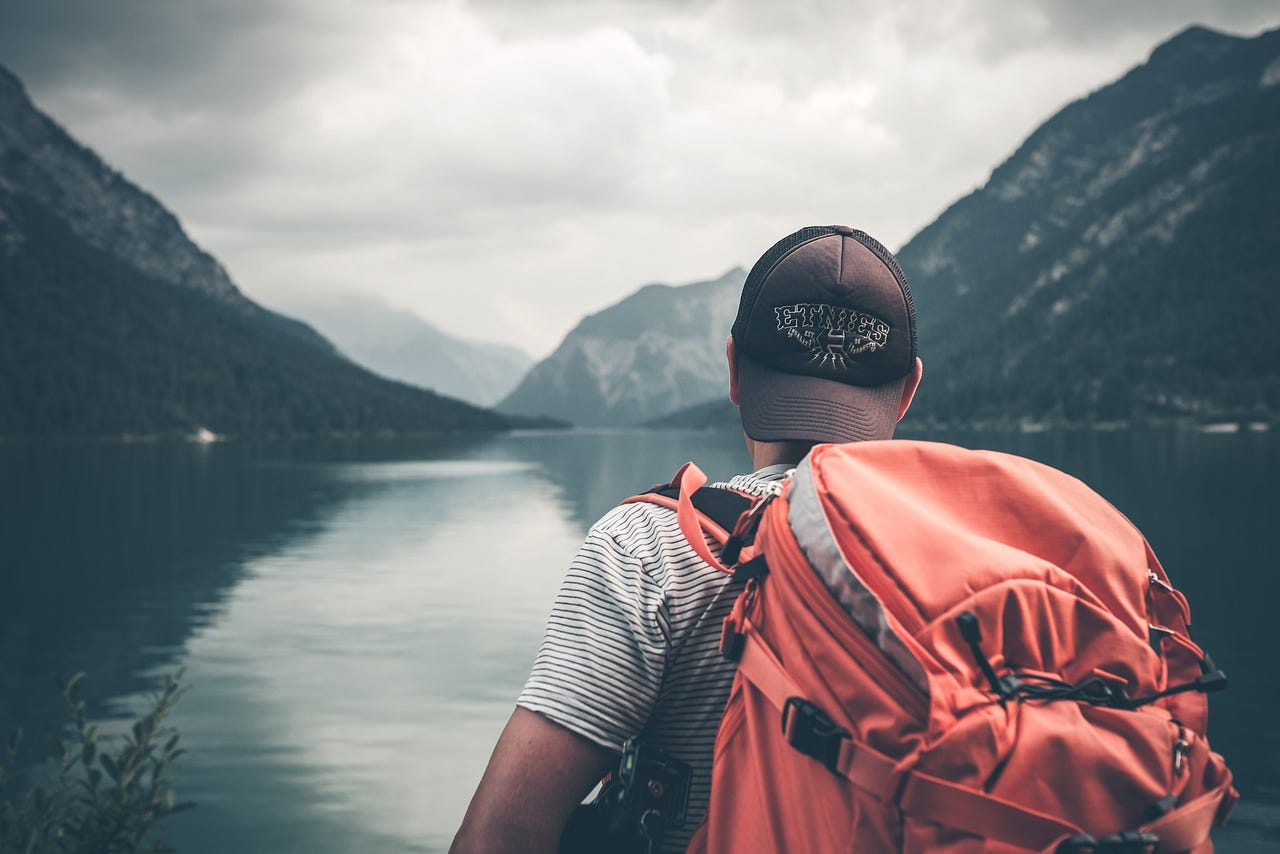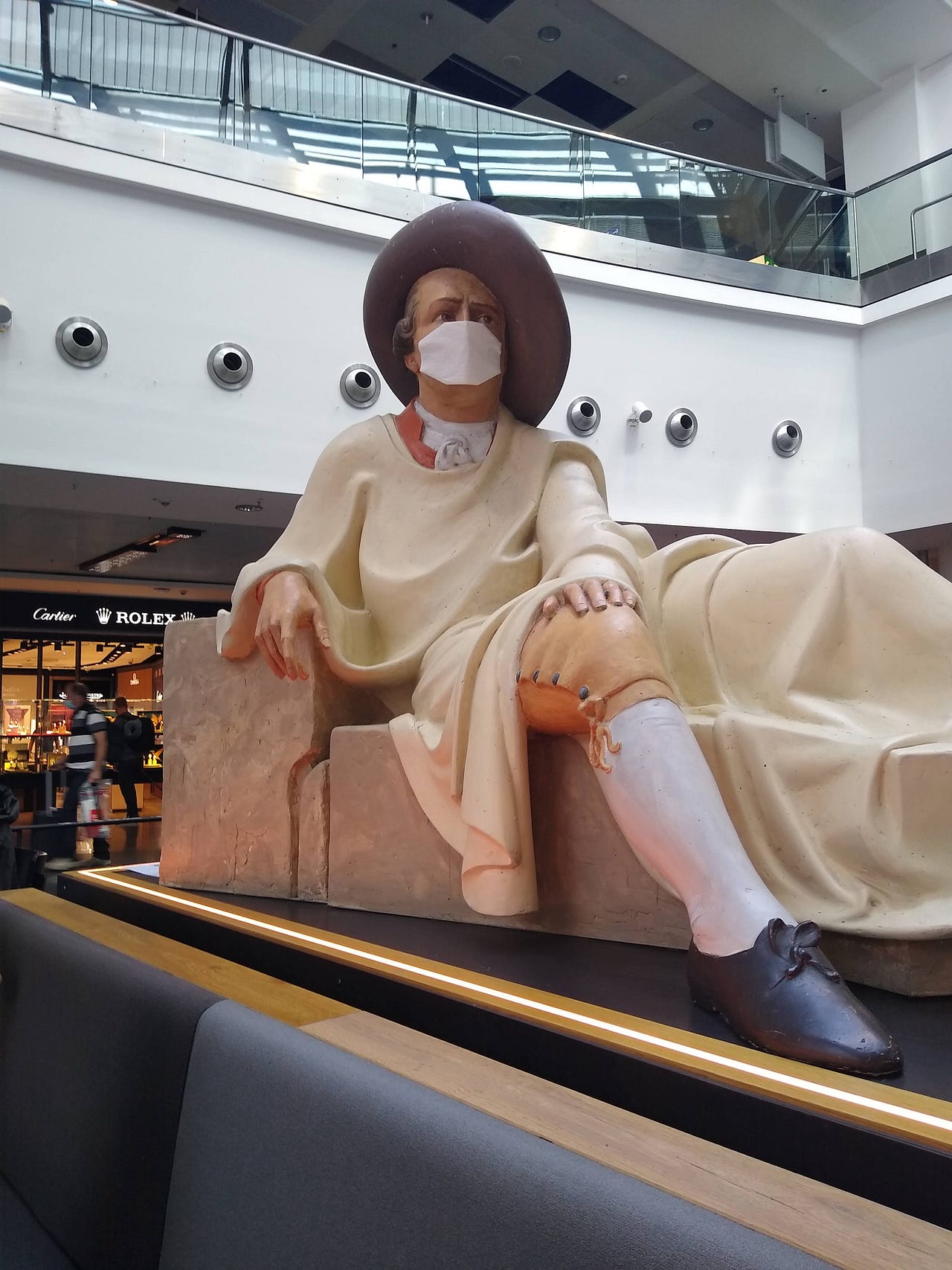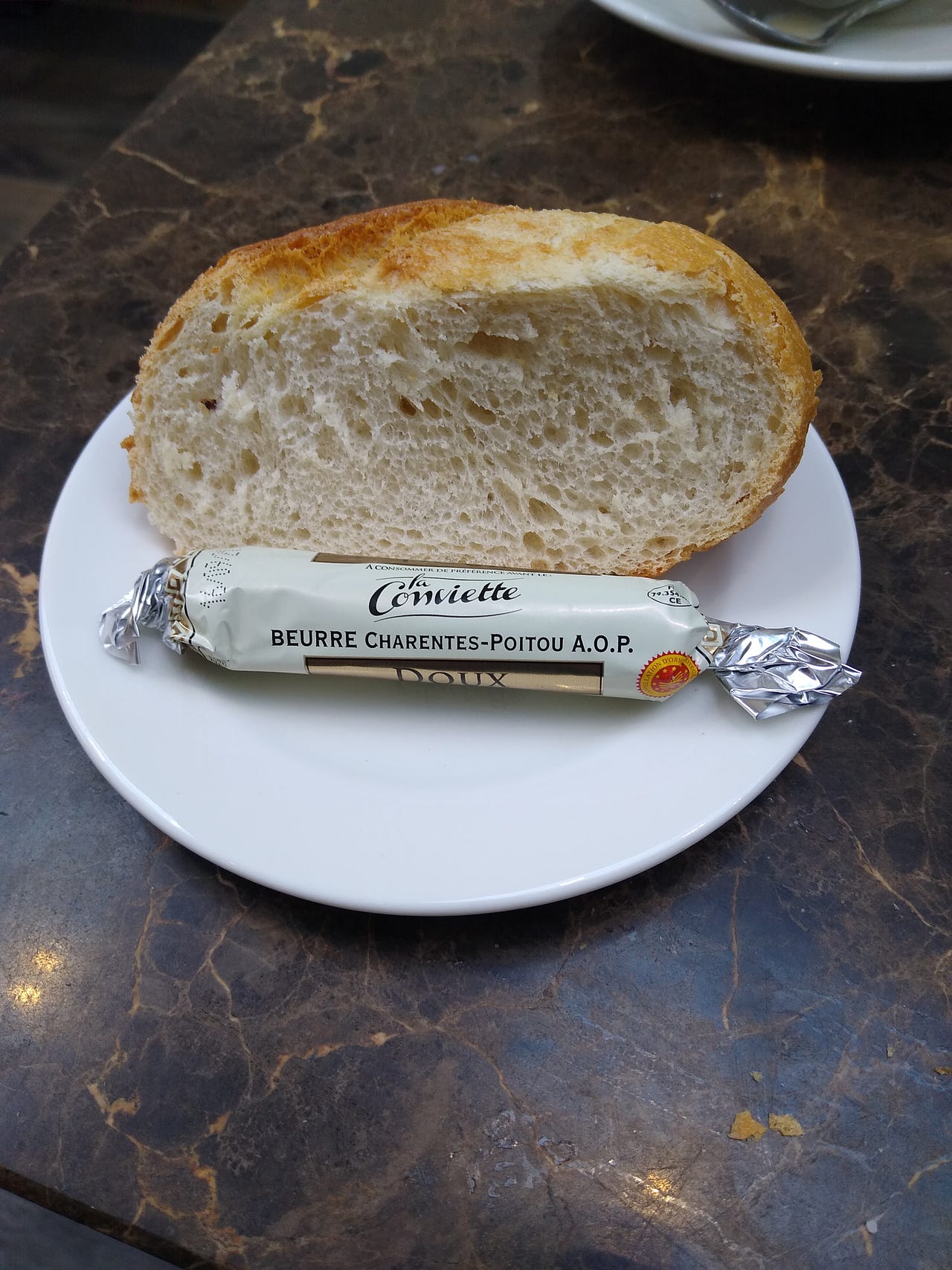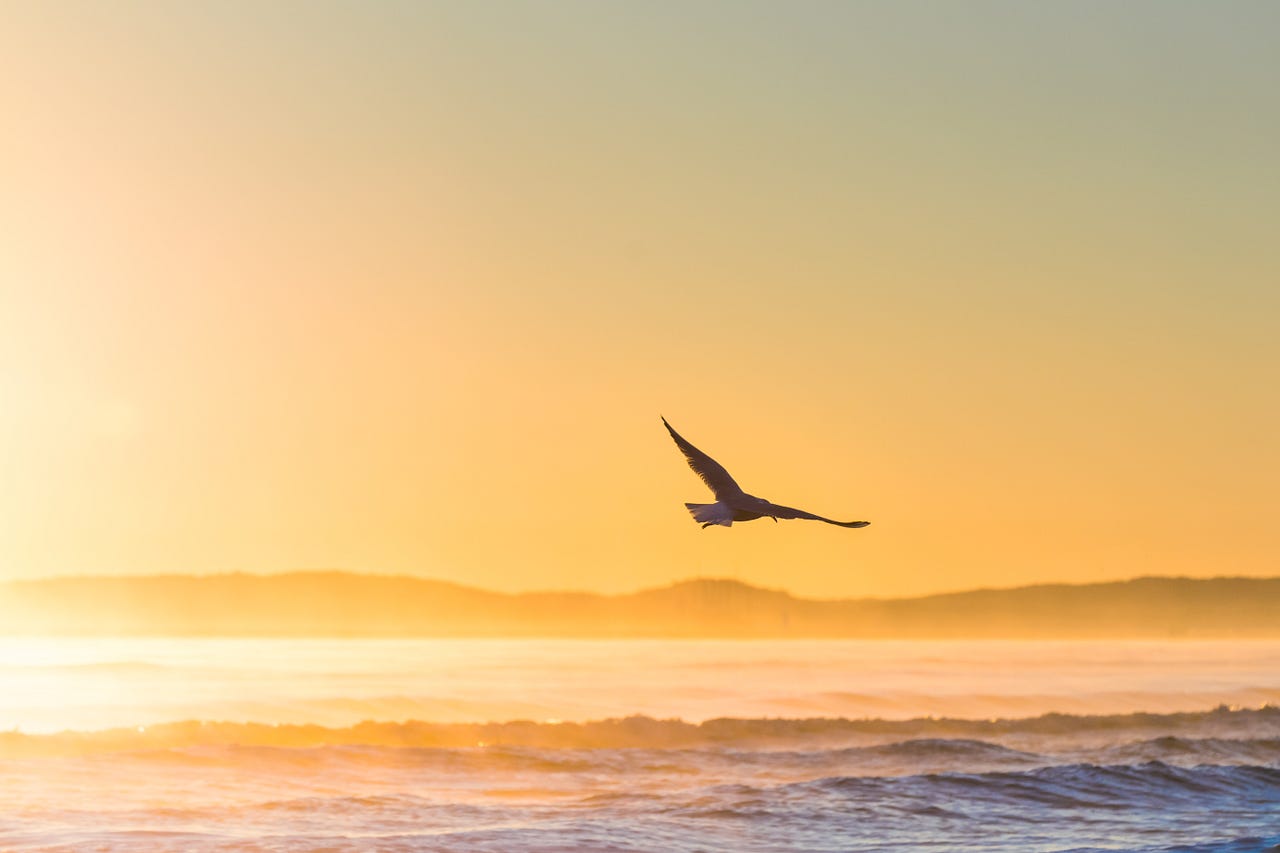Seventeen months later I am on my way back to Africa, working on my PhD in Life Lessons.
August 24th arrived, cool and sweetly-dewed. I’d been waking up repeatedly, which is what happens when I have an important activity in the morning. My internal alarm clock is brutally efficient, which is great unless you need rest. I did, but that’s all right. I had four hours to finalize my last-second packing, and call Lyft. Christ. I was so ready to go. The last time I was on an airplane I had been wending my way home from Africa, five weeks of immersion, to land in an America where the collective IQs had plummeted some fifty points.

That was March 2020. It’s much, much worse. At this point, all the ease with which I traveled internationally, the natural-to-me habits of trip prep and the predictable routines had been largely shattered. Part of that was because of Covid and quarantine. But also I’d moved to a new city. I was delighted that the Eugene Airport is a fraction of the size of the ever-under-construction DIA (which means that access to toilets is almost ludicrously impossible and always changing and there are NO signs). That was likely to be a gift, and turns out I was right.
Also, having moved, I’d had to pack up and then unpack and set up all over again all the drawers and boxes of my oodles of traveling gear. Until I started packing about ten days ago I honestly couldn’t recall where I had put what, despite the fact that for the most part I had attached signs telling me what was where. I still didn’t recall because I never quite finished the job. It was a superb exercise in locating where I had stuffed stuff sacks and packing cubes and those wonderful tiny flashlights that can blind people on a dark plane.
Usually myself, because invariably I have the stupid thing turned in the wrong direction. Which is what happens when you sleep badly in steerage and get tangled in your technology.
It would be a new experience living in a much smaller city. A much shorter ride to the airport. Now it took me barely twenty minutes from my front door by Lyft to the airport. In Denver, because I lived close to Golden, I had to allow some two hours to reach DIA. The traffic was that bad at all times of the day. I’d forgotten what a delight it was to take a trip to the airport with a pleasant driver, enjoy the scenery which was mostly green farmland (remember that?) check in without massive long lines, and a short walk to your gate.
Stress-free, in fact. My driver was Robert, a retired Navy rescue diver. We had a lively discussion about the military and his background en route. Robert, being a small man, regaled me with funny stories about being a serious body builder. He was forever being challenged by much bigger soldiers to prove himself, particularly to newbies. If you have ever watched The Guardians you know the drill. He would challenge them to a push-up contest. Only twenty. But each push-up took a full minute to complete. That kind of body control left the youngsters’ bodies shaking after two or three. Great lesson in humility.
Robert’s my kinda driver. A great yarn en route to your departure is the single best way to get a trip started. Too many of us have forgotten the fine art of getting to know your driver, be it taxi or Uber. The investments I’ve made in doing that have more than I want to admit saved my backside when I have leapt out of said taxi and left critically-important backpacks or paperwork in the backseat. Every single time I’ve remembered the driver’s name, and that driver went out of their way to get back to the airport with my stuff.
That is priceless. No. THEY are priceless. We just need to treat them that way.
Even better, and this is one of the best reasons to travel, I made a new local friend. Carol, a retired nurse close to my age who had moved to Florence, which is a small city right on the coast, a drive straight west about ninety minutes due west of my house. She had moved six months before I did. She needs friends. So do I. If we stay glued to our phones we don’t meet anyone. Now I have a reason to go to Florence, and she has a reason to come to Eugene.

As I sit here under the wise gaze of the great Goethe, who is wearing a mask thank you very much (I love a sense of humor) I have already had multiple lively conversations with people from all over. Someone from Italy who speaks four languages. A mixed-race couple from Phoenix heading back to America after a year abroad.
I can feel the stress melting off me and my bones like wax next to a warm fire.
Lotta people tried to talk me out of this trip. The challenges of getting all the Covid paperwork nearly did me in. People’s fear-mongering about the dangers of Delta and all the potential hazards were difficult to ignore. But I ignored them.
International travel for me isn’t just about the bragging rights over how many countries I’ve been to, a question I am often asked as though it’s some kind of race to touch down in as many as possible before you die. That’s as useless an attitude as counting the birds you’ve seen, as opposed, say, to discovering the robins’ nests in your yard, and enjoying the hell out of watching those birds settle into your land for good, given the food, water, and good humor of the owner. I’ve watched downy woodpeckers teaching their babies how to peck the suet out of my feeders. I don’t CARE how many I’ve seen. Travel is the same way.
Travel teaches you, if you are willing, to notice the details. On the exceedingly rare twice-a-year occasion I allow myself bread, as I did today, in a German cafe, you might also see this exquisite way that you are served butter:

Every single time you and I set foot in places unlike what we know, we are shown other ways of seeing, being, living, experiencing. Sometimes we are deeply humbled. That’s a good thing, for it forces us to stop thinking that what we know is the best there is, our country is the best there is, etcetera. There is best and better everywhere. And worse, too. But you can’t know that if you don’t explore.
I have just spent the last hour or two speaking with two lively Brits, one of whom has an “eccentric friend” not far out of Windhoek, Namibia, where I have been itching to go for years. There’s a cat conservancy not twenty minutes from this man’s huge hobby farm. That cheeta conservancy has long wanted me to do stories. As you can imagine, with any luck the “eccentric friend” will be on the visit list. I don’t know, but at the very least this is a most tantalizing idea. This is how we make the world a stunningly small place.
This is also how we make peace with the unknown. When Frodo and Sam left for their great adventure, Samwise Gamji came to an abrupt stop at the point where, with one more step, he’d be farther from home than he had ever been. He had no idea what he was in for. But by the time he returned, he had finally built the courage to kiss the girl of his dreams and make a great many other wishes come true.
Not of course without great cost. We love the familiar, which is why so many people ache for a return to “normalcy.” In truth, normalcy is a construct of wobbly scaffolding, and it’s long gone. We are living in a world where the rules are changing fast. Travel like this teaches me how to deal in that world, which has always been the real world: full of change, full of variety and richness and challenges.
All you have to do is screw up the courage to, in your own way and in your own time, take the first step outside your known world.
Oh the adventures you’ll have when the caged bird flies.

Comments powered by Talkyard.